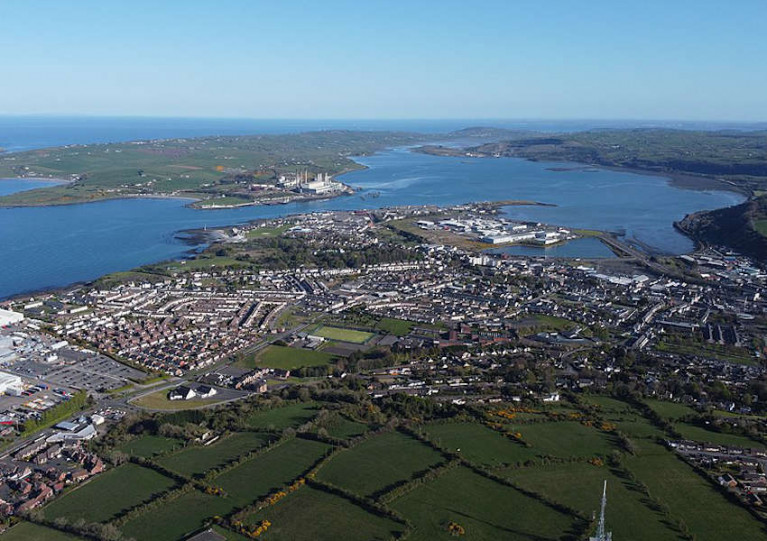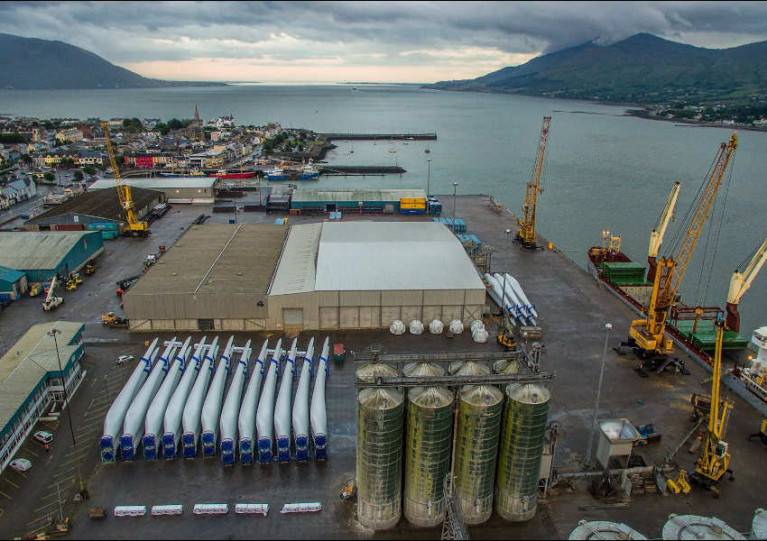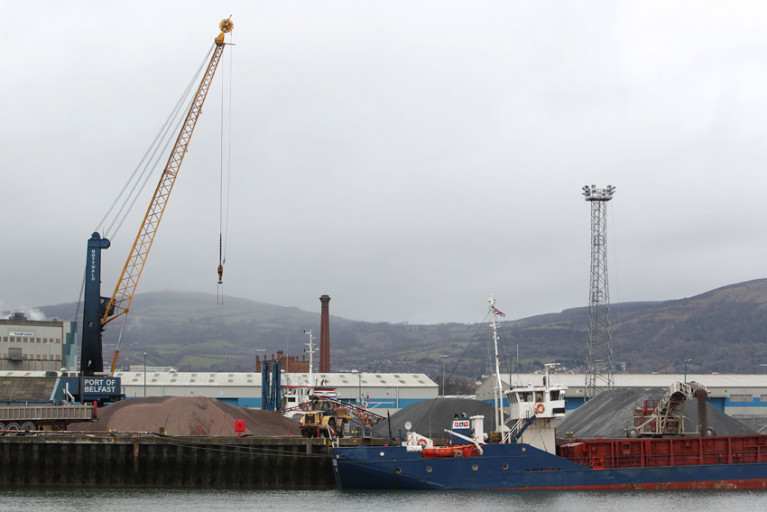Displaying items by tag: Northern Ireland Protocol
The British Government has announced a three-month delay in the implementation of the red diesel ban for private pleasure craft in Northern Ireland.
The move follows lobbying by Bangor Marina and others in the NI leisure boating industry who emphasised the dearth of white diesel options in the region.
Originally set to come into effect on 30 June, the red diesel ban is intended to meet the UK’s obligations under the Northern Ireland Protocol and bring the region in line with the 2018 judgment by the Court of Justice of the European Union.
This is the same ruling which prompted the Republic of Ireland’s ban on green-dyed diesel for leisure craft propulsion last year.
In March, British Chancellor Rishi Sunak announced in his first post-Brexit Budget that boaters in England, Scotland and Wales would continue to use red-dyed diesel for pleasure boating without penalty in domestic waters — leaving NI boaters in limbo.
Bangor Marina says it met earlier this year with officials from HM Revenue & Customs, HM Treasury and RYANI “to discuss the difficulties we would face if we had to switch to white diesel in June.
“During that meeting, we did put forward a compelling proposal that the switch to white diesel should take place after the summer holidays.
“Today [Friday 21 May] we have been advised by HM Revenue & Customs that the UK government has decided to delay the implementation of the prohibition on red diesel used for propulsion of private pleasure boats in NI until 1 October 2021.
“More detailed guidance is expected to be produced in July.”
The decision will come as a relief for cruisers and leisure boaters across Northern Ireland as it emerges from lockdown into the summer boating season.
But with freedom of movement on the cross-border Shannon-Erne Waterway, the extension poses a “customs headache” for Irish authorities, a source close to Afloat.ie suggests.
And if the delay is any indication of a proclivity to continue moving the deadline back, the situation would deal a heavy blow to Irish suppliers, particularly in border areas — while also encouraging boats “to spend more time in NI and less [in the Republic]”, the source added.
NI’s Agriculture Minister has cited “practical difficulties” with the Northern Ireland Protocol in his decision to order a halt on construction of post-Brexit port inspection facilities.
According to Politico, acting DAERA Minister Gordon Lyons has also told NI ports not to levy charges on goods brought into Northern Ireland from Great Britain.
However, the order issued yesterday (Friday 26 February) does not apply to checks at existing infrastructure repurposed for the new trade regime since the end of the Brexit transition period on 31 December 2020.
Lyons’s party the DUP is currently mounting a legal challenge to the Northern Ireland Protocol, which places a de facto trade border in the Irish Sea between GB and NI.
Politico has more on the story HERE.
Produce arriving into Northern Ireland from Great Britain that fails Brexit checks will be sent back, according to Northern Ireland’s chief veterinary officer.
As the Belfast Telegraph reports, Robert Huey said an alternative option would be to destroy any goods that fail to comply with Irish Sea trading rules under the Northern Ireland Protocol, which is designed to maintain the open border on the island of Ireland.
“They can’t retrospectively provide me with certification or provide me with something else,” he warned traders. “If it’s non-compliant, it goes back.”
NI’s Department of Agriculture, Environment and Rural Affairs (DEARA) has this week published two guides to help people and businesses navigate the new procedures to follow when moving animals, plants, food and feed from GB to NI when the transition period ends.
As previously reported on Afloat.ie, Stormont heard in October that Brexit checks on goods crossing the Irish Sea would be “operationally effectives” from the new year even if customs facilities in port are noted on the ground.
Huey said that a short grace period from 1 January will allow businesses time to adjust to the new rules. But from 31 March, certification will be required for all animal food products.
The Belfast Telegraph has more on the story HERE.
Checks For Northern Ireland Protocol Set to Go Ahead Even Without Facilities at Ports, Stormont Committee Hears
Brexit checks on goods crossing the Irish Sea should be “operational effective” on 1 January even if customs facilities at ports are not yet on the ground.
That was the message from a senior Stormont official who gave evidence to the Executive Office committee yesterday, Wednesday 21 October, as TheJournal.ie reports.
“If buildings aren’t fully complete then that doesn’t stand in the way of there being effective checks,” said Andrew McCormick, Stormont’s lead official on EU exit.
Extra checks will be required on animal-based products entering Northern Ireland from Great Britain under the terms of the Withdrawal Agreement.
As previously reported on Afloat.ie, the EU is seeking to have 15 customs and veterinary staff working alongside UK officials at ports of entry to ensure the proper implementation of the Northern Ireland Protocol.
However, officials warn that the new physical infrastructure needed will not be ready by the end of the Brexit transition period on 31 December.
TheJournal.ie has more on the story HERE.


























































